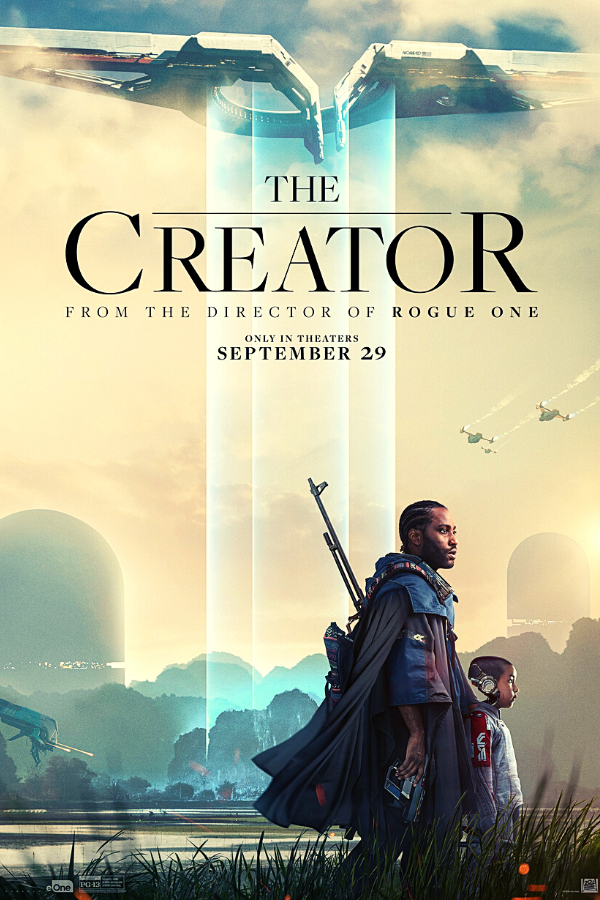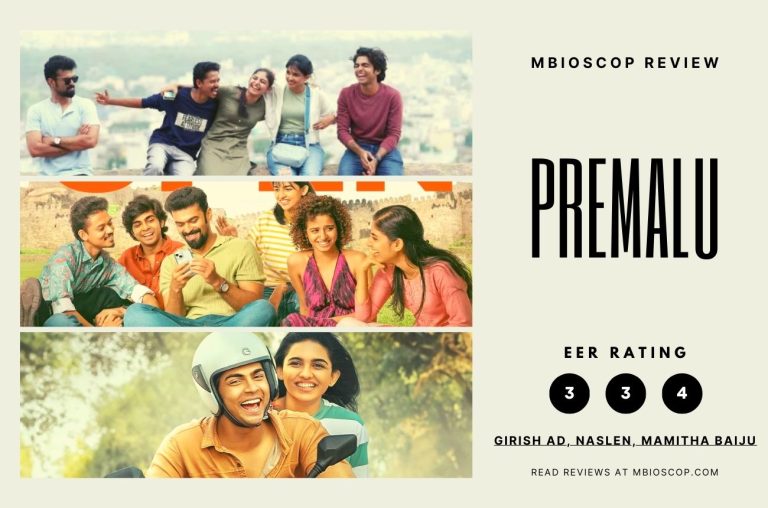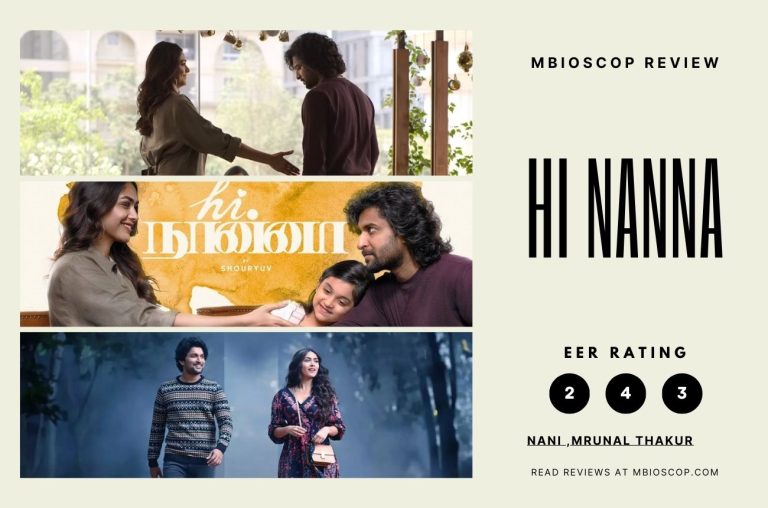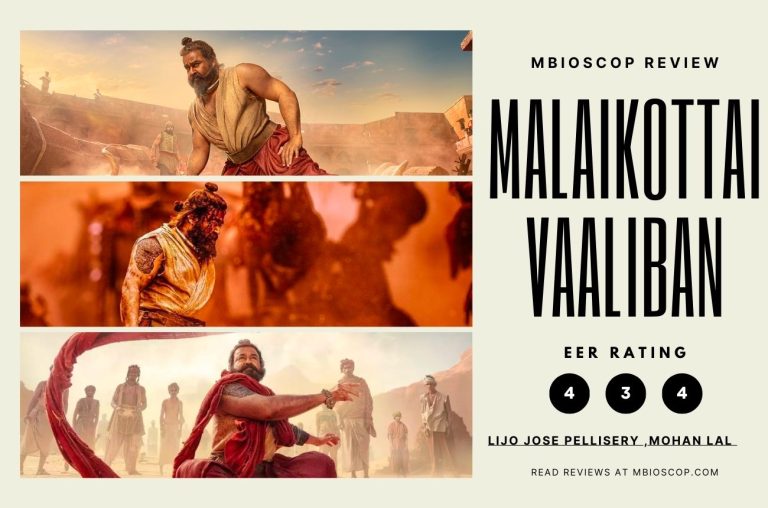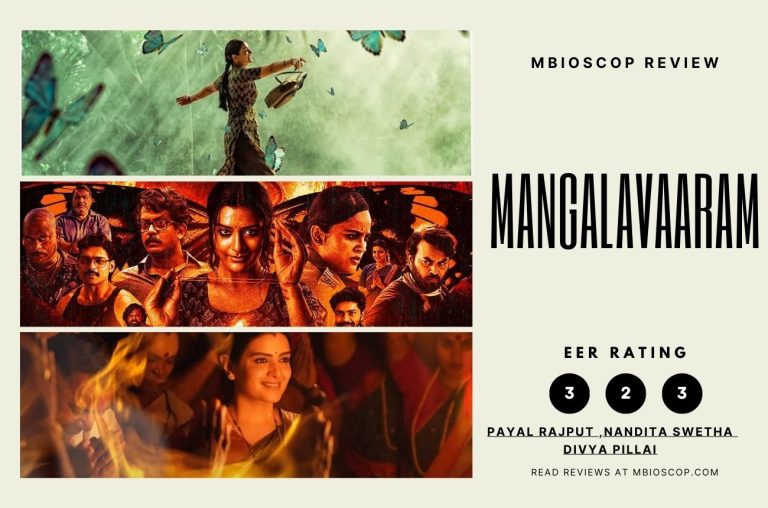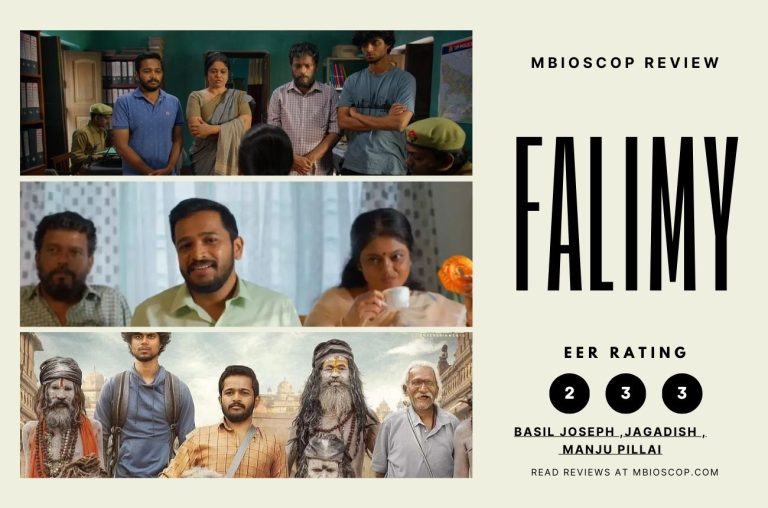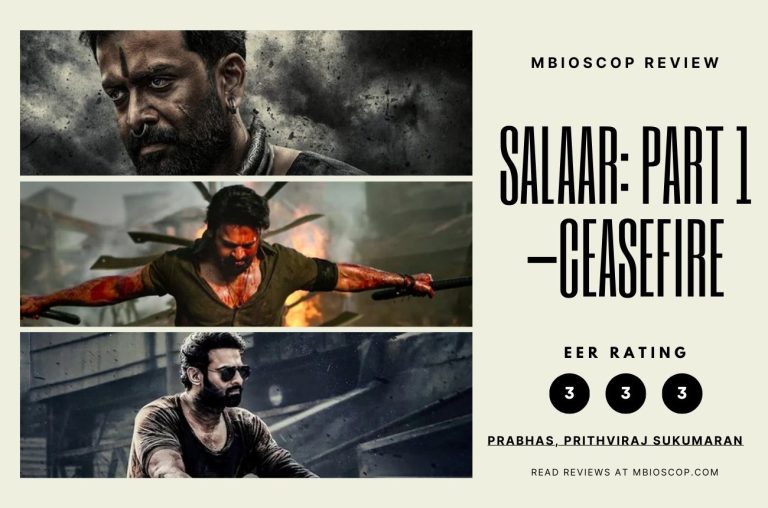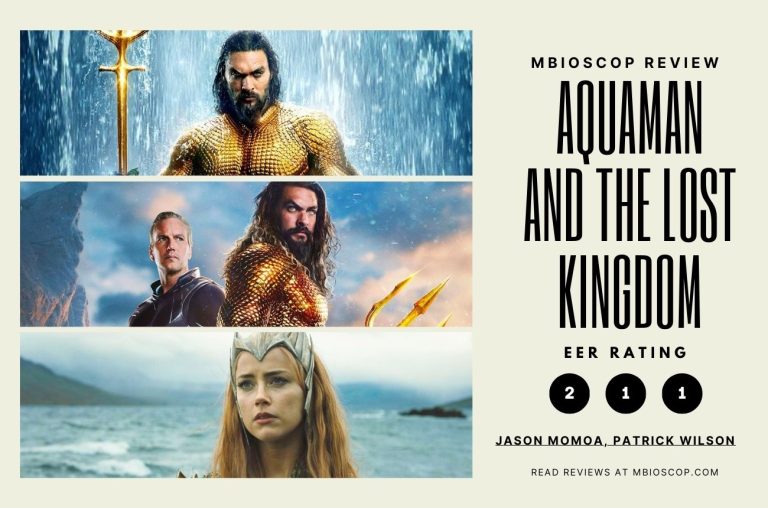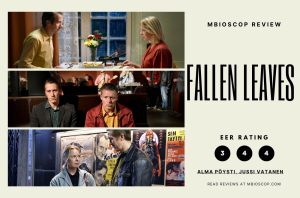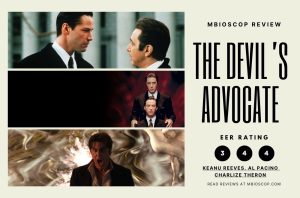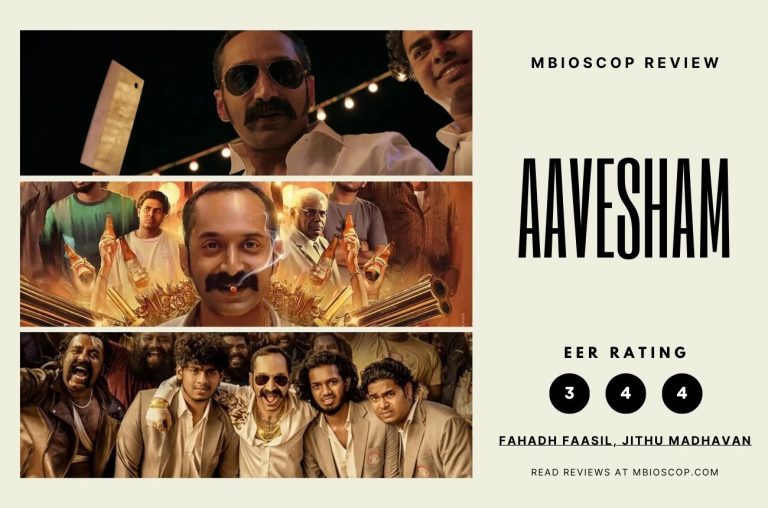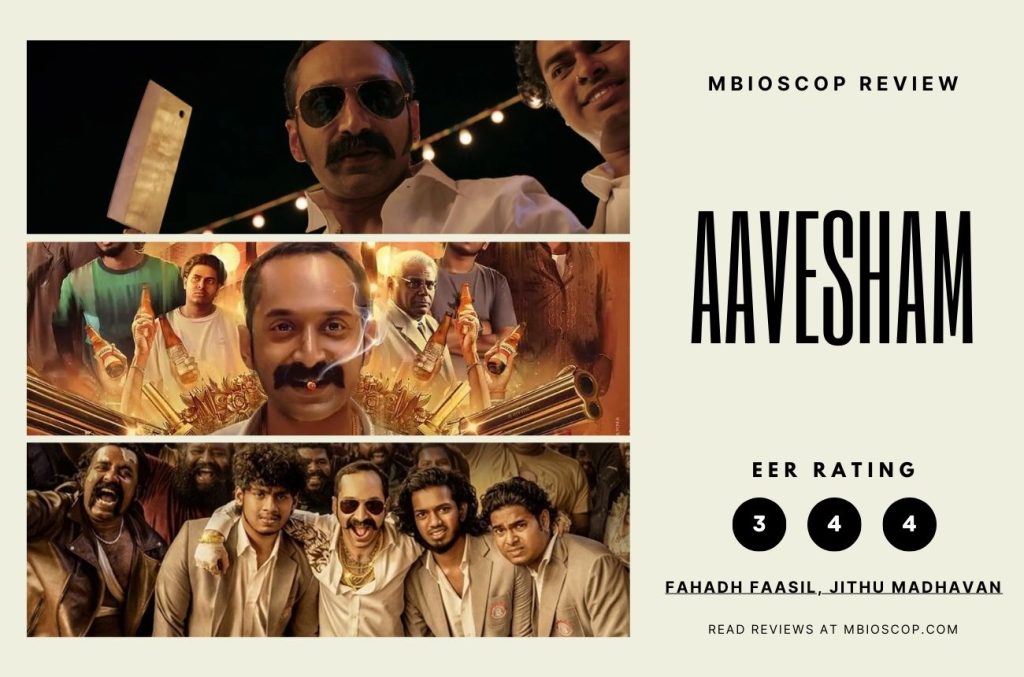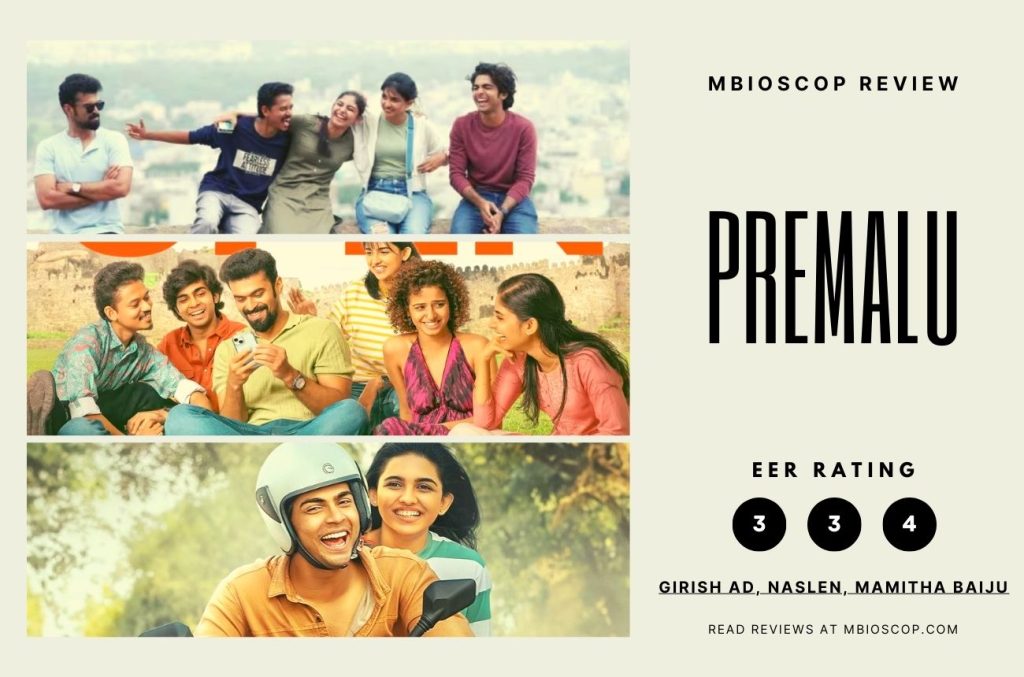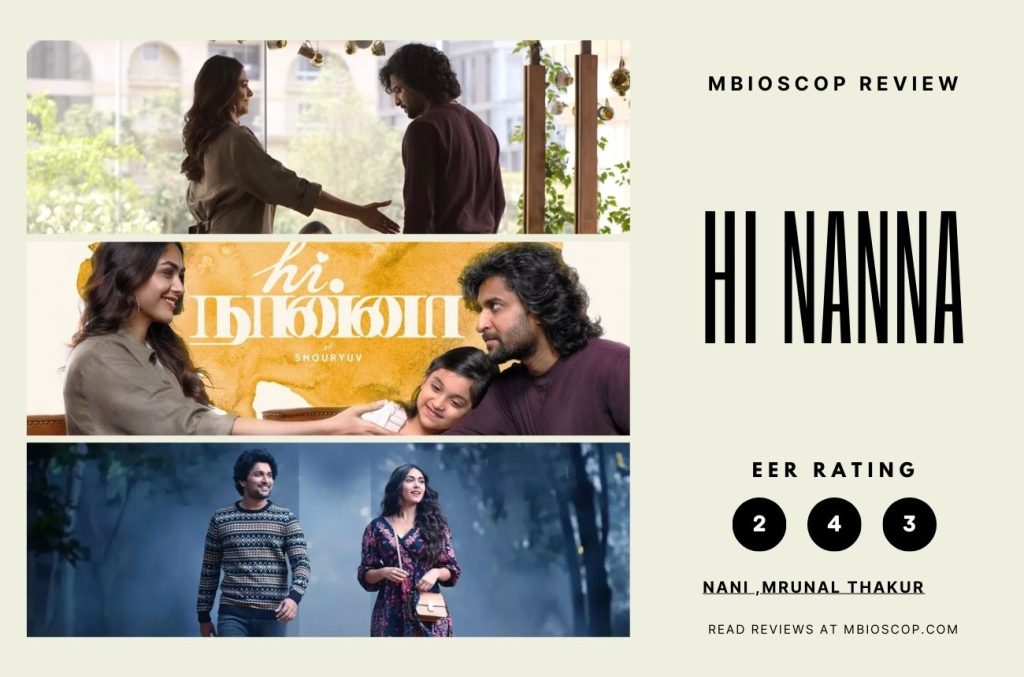In the year 2065, a cinematic offering titled “The Creator” unfolds a tale set in a world grappling with the aftermath of a nuclear warhead dropped on Los Angeles by artificial intelligence (AI) a decade prior. The consequence? The United States has implemented a sweeping ban on all forms of AI, with an ambitious agenda to erase it from the face of the planet. This narrative thrusts the audience into a future where tensions between humanity and AI reach a critical juncture.
Our protagonist, American Sergeant Joshua Taylor, portrayed by the talented John David Washington, becomes the linchpin of the story. Tasked with a covert mission in East Asia, where a contrasting approach to AI prevails, Joshua finds himself in a society cohabiting with “simulants”—humanoid robots distinguished by exposed tech in lieu of ears and necks. The mission is clear: locate Nirmata, the genius behind the most advanced AI, revered as a deity by the simulants.
However, the intricacies of the plot thicken as we learn that Joshua’s wife, Maya (played by Gemma Chan), was raised by AI and staunchly believes in their right to live freely alongside their human counterparts. The inevitable clash of ideologies within the confines of this relationship unfolds dramatically within the film’s opening moments, catapulting us into a narrative that balances the personal and the global.
Fast forward five years to 2070, and Joshua is reluctantly pulled back into military service for one final mission. His objective: to neutralize an advanced weapon cleverly masquerading as an endearing simulant named Alphie, portrayed with undeniable charm by Madeleine Yuna Voyles. The film thus weaves a tapestry of action, intrigue, and ethical dilemmas against the backdrop of a world torn between fear of AI and the coexistence ethos of East Asia.
“The Creator” does not attempt to reinvent the wheel, as it traverses terrain familiar to audiences of previous sci-fi classics like Blade Runner, Avatar, and District 9. The allegories drawn to past wars, particularly Vietnam and the “war on terror,” provide a solid thematic foundation, albeit one that may feel somewhat well-trodden.
What sets Gareth Edwards apart, the director behind other notable works like Monsters, Godzilla, and Rogue One, is his prowess in world-building and crafting inventive action sequences. Despite its reported $80 million budget, “The Creator” transforms into a visual feast. Edwards opts for shooting on location, infusing urban sprawls and remote temples with details that speak to a well-considered history and a complex culture shaped by the intersection of man and machine.
The film is a testament to the idea that mid-budget, original narratives can still captivate audiences. In an era dominated by massive blockbuster budgets, “The Creator” stands as a reminder that a compelling story, complemented by skilled craftsmanship and a seamless integration of CGI into landscapes, can deliver an exhilarating cinematic experience.
As we navigate a future that may or may not be threatened by an impending AI apocalypse, “The Creator” serves as a beacon of hope. It signals that Hollywood retains the capacity to course-correct, embracing visually exhilarating cinematic spectacle without succumbing to the excesses of exorbitant budgets. Even amid the potential challenges posed by AI, storytelling can persist, captivating audiences with both substance and style.


